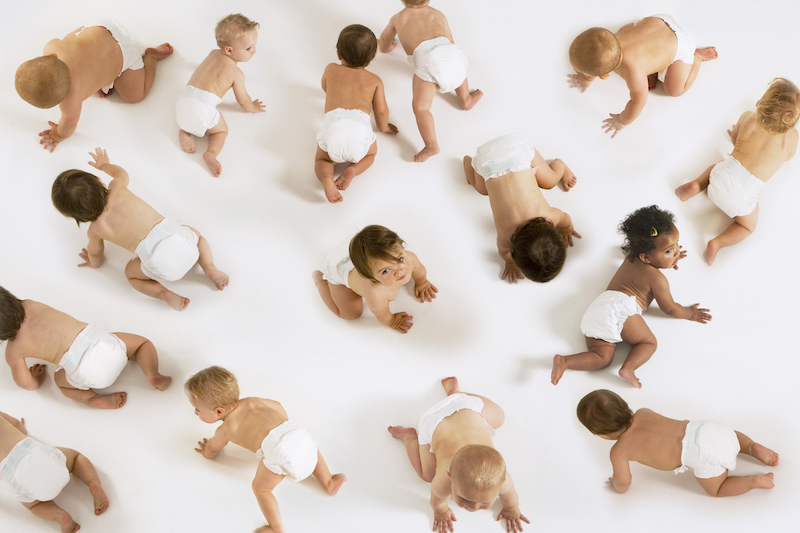I know from Expecting Better that the risk of Down syndrome, autism, etc., goes up with age. On the flip side, when trying to plan for a second child, I read that one should wait 18 to 24 months to reduce the risks of premature birth, schizophrenia, autism, etc. How valid is this? How does this compare to the reality of my womb being an extra year older if I wait the full two years instead of just one year?
—Confused Womb Optimizer
This question highlights the concept of trade-offs better than almost anything I can imagine. In our quest to optimize (in many parenting domains), we are faced with the reality that sometimes it is literally impossible to do two things that are both “optimal.”

I cannot both spend an hour cooking a nutritious meal full of vegetables that my child will eat and spend that same hour playing with them in an engaged manner with our Montessori-approved wooden toys. My child cannot both sleep 10 hours a night and also do all of the extracurricular activities that are apparently optimal for their development.
And you cannot both wait longer between children and also have your child sooner. Literally impossible!
The good news in your case is that this trade-off mostly goes one way. The primary concern about very short birth intervals is prematurity—the evidence base for other risks you mention is very low—while the change in prematurity risk is limited, and the results are not obviously causal. In other words, the downsides to a shorter birth interval seem to be mostly theoretical.
On the other hand, it is definitely true that waiting longer both makes it harder to get pregnant and increases the risk of chromosomal issues. However, it is worth noting that these changes are also small. There is no age cliff here, despite what some people think. So waiting a bit longer doesn’t alter risks very much.
In the end, as I’ve probably said before, the main consideration in when to have another child should be when it works for your family. You can find your own optimal.
Community Guidelines
















Log in